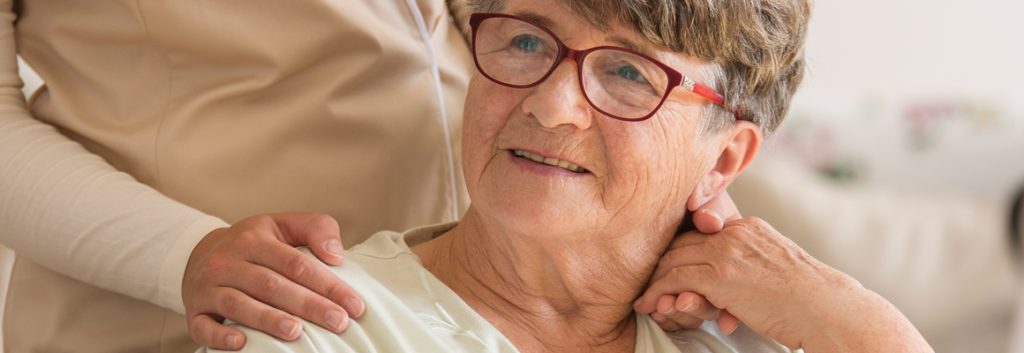I WAS JUST DIAGNOSED WITH PARKINSON’S DISEASE … NOW WHAT?
Confusion. Anger. Fear. If you or someone you love has been diagnosed with Parkinson’s disease (PD), you may be overwhelmed by emotions. The American Parkinson Disease Association (APDA) is here to help.
With a nationwide network dedicated to fighting PD, APDA can help connect you and your loved ones to resources, education, and experts like Dr. Stephanie Bissonnette, a Movement Disorders Specialist at Boston Medical Center. In the wake of a PD diagnosis, Dr. Bissonnette shares the top six things you need to know.
- Take a deep breath. “Try to relax as best as you can,” explains Dr. Bissonnette. “PD is definitely a new challenge and something that is going to change the way you live your life.” But Dr. Bissonnette says that a concrete diagnosis is the first step towards the right medical support and education that can ensure you live well with this disease.
- Educate yourself. Social media is a great way to find people who understand what you’re going through — but when you’re looking for real facts about PD, use reputable websites.
- See a Movement Disorder Specialist. Movement Disorder Specialists like Dr. Bissonnette have had years of training to learn how to best recognize and treat PD. They also stay up to date on the latest treatments and trials. Contact APDA if you need help finding a specialist.
- Get moving. “By far the most important thing you can do from this point forward is to start moving,” says Dr. Bissonnette. Exercise not only helps control PD symptoms, but it may also slow down the disease progression. Dr. Bissonnette recommends a combination of endurance, strength, and balance training as well as stretching. Wondering how to get started? Talk to your doctor, start small, and do something you enjoy. APDA’s Be Active & Beyond booklet is a helpful resource.
- Consider your diet. Dr. Bissonnette explains that a healthy, Mediterranean diet is the best diet for the brain and is likely the best diet for PD. The Mediterranean diet features lots of vegetables, fruits, whole grains, legumes, low-fat proteins, and olive oil.
- It takes a team. Most importantly, if you or a loved one is diagnosed with PD, you don’t have to go at it alone. “Over time, you’re going to actually put together a healthcare team,” says Dr. Bissonnette. This team may include a Movement Disorder Specialist, rehabilitation services, psychosocial support, exercise instructors, and a primary care doctor, among others.
Need support for yourself or someone you know with PD? Find the help you need or call us at 800-223-2732.

